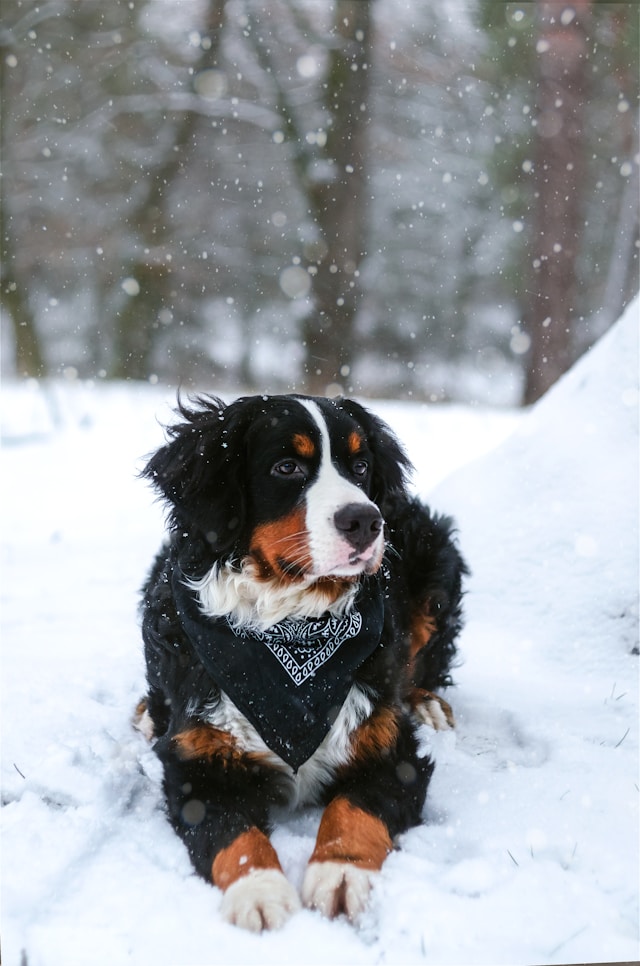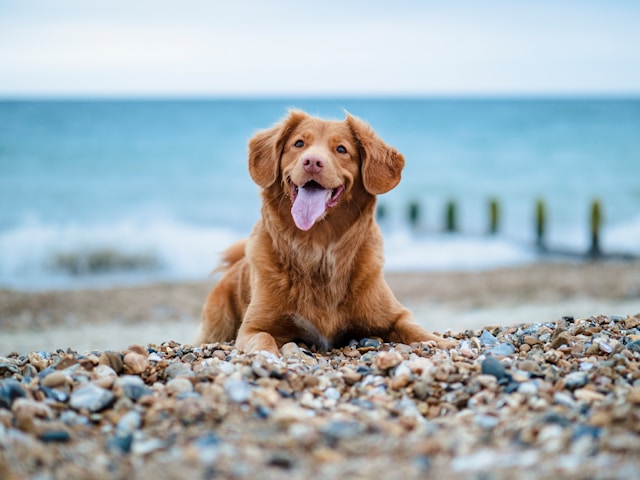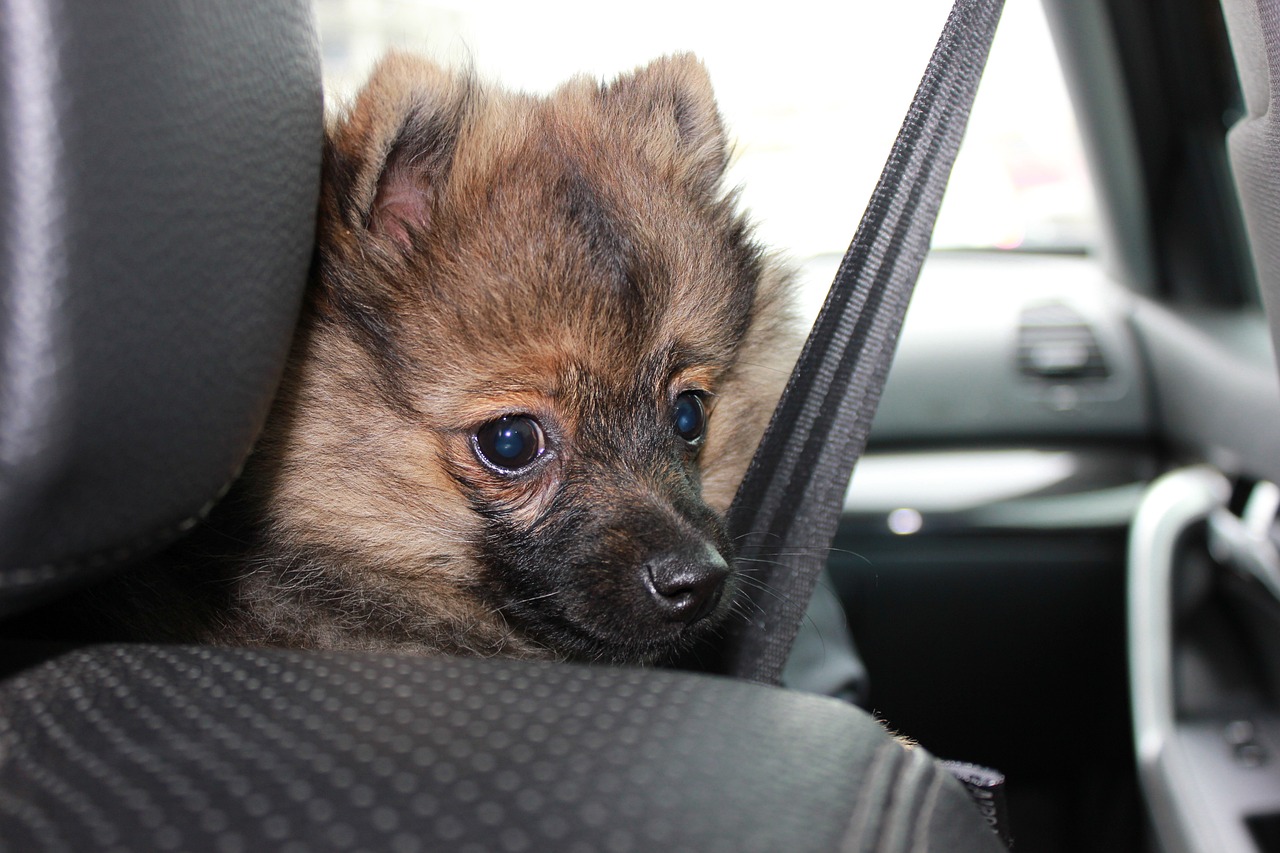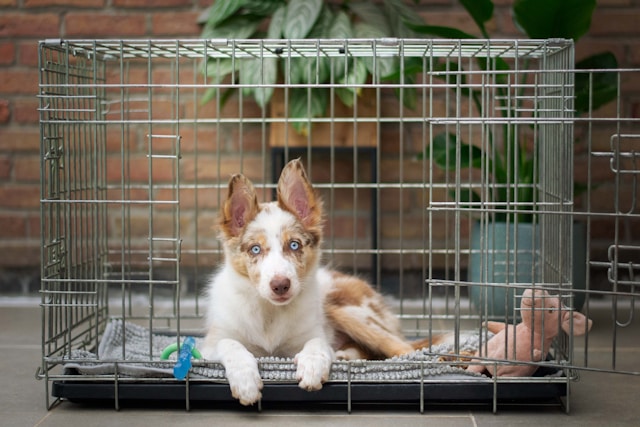10 Winter Hazards for Outdoor Pets

Health conditions like diabetes, kidney disease, heart disease, and hormonal imbalances can impair your pet's ability to regulate body heat. It's crucial to ensure the well-being of your outdoor pets during this season. Here are ten common winter hazards to watch out for:
-
Cold Temperatures: Pets in poor health or those not accustomed to cold conditions should not be exposed to prolonged outdoor winter weather.
-
Inadequate Bedding: Outdoor shelters require thick, clean, dry bedding to keep pets warm. Consider pet-safe heating pads for additional warmth.
-
Lack of Drinking Water: Water bowls can freeze quickly in frigid climates. Pets without access to clean water may resort to drinking from puddles, potentially exposing themselves to toxic chemicals like antifreeze, oil, and cleaners.
-
Antifreeze: Leaking antifreeze from vehicles poses a significant threat to pets. Even a tiny amount can lead to rapid kidney failure and death. Immediate veterinary care is crucial in case of ingestion.
-
Hypothermia: Prolonged exposure to cold can lead to hypothermia in pets, especially those in poor health. Symptoms include shivering, depression, lethargy, and weakness. Severe cases require immediate warming and veterinary attention.
-
Frostbite: Ears, paws, and tails are susceptible to frostbite when exposed to winter conditions. Check your pet's extremities daily for signs and take preventive measures. If frostbite is suspected, seek immediate veterinary care.
-
Sunburn: Sunburn can occur during winter months, primarily when sunlight reflects off snow and ice. Protect your pet's exposed skin with sunscreen recommended by your veterinarian.
-
Frozen Ponds or Lakes: Pets near frozen bodies of water risk falling through the ice, leading to potential drowning, hypothermia, and frostbite.
-
Sharp Objects Hidden Under Snow: Dangerous objects like glass, sharp rocks, or discarded trash can lurk beneath snow or road salt. Be cautious and check your pet's paws for injuries or foreign objects.
-
Ice-Melting Chemicals and Salt: Road salt and ice-melting chemicals can burn your dog's footpads. Avoid exposure, wash your pet's paws if needed, and consider using pet-safe booties or protective products.
Schedule a checkup with your veterinarian if your pet spends time outdoors during the winter or lives outdoors. A routine examination can identify any underlying medical conditions that might make your pet more vulnerable to these seasonal dangers. Protecting your pet from these winter hazards ensures a safe and comfortable season for your beloved companion.
Additional Cold Weather Safety Tips For Pets
Exposure to winter's harsh elements, including dry, cold air, as well as rain, sleet, and snow, can lead to chapped paws and itchy, flaking skin for your pets. However, these discomforts are not the only potential hazards they may face during winter. Winter walks can turn hazardous when chemicals from ice-melting agents come into contact with your pet's bare paws and are subsequently licked off. To safeguard your pet's well-being from the perils of cold weather, please take heed of the following guidance from our experts:
-
Frequent transitions from the cold outdoors to the dry heat inside your home can result in itchy, flaky skin for your pet. Maintain a humidified environment in your home and promptly towel dry your pet upon returning indoors, with special attention to their feet and the spaces between their toes. Remove any snowballs that may have formed between their paw pads.
-
Refrain from shaving your dog down to the skin during winter, as a longer coat provides better insulation. If your dog has long hair, consider a trim to reduce the accumulation of ice balls, salt crystals, and de-icing chemicals that can dry their skin. Don't forget to tend to the hair between their toes. For short-haired dogs, consider providing them with a coat or sweater featuring a high collar or turtleneck that covers from the base of the tail to the belly, as this serves as essential winter wear for many dogs.
-
Carry a towel during extended walks to clean your pet's paws, which may become stinging and irritated due to exposure. After each walk, diligently wash and dry your pet's feet and abdomen to remove ice, salt, and chemicals. Also, inspect their paw pads for cracks or redness between the toes.
-
Limit baths for your pets as much as possible during cold spells, as excessive washing can strip away essential oils and increase the likelihood of dry, flaky skin. If your pet requires a bath, consult your veterinarian for moisturizing shampoo and/or rinse recommendations.
-
Applying petroleum jelly or similar paw protectants to paw pads before venturing outside can help shield them from salt and chemical substances. Booties offer even more extensive coverage and can prevent sand and salt from becoming lodged between bare toes, irritating. Whenever possible, opt for pet-friendly ice melt products.
-
Be aware that antifreeze is a highly toxic substance for dogs and cats. Clean up any spills from your vehicle thoroughly, and consider using products containing propylene glycol instead of ethylene glycol.
-
Winter can increase pets' energy expenditure as they try to stay warm. Offering a slightly larger quantity of food during the cold months can provide the extra calories they need. Ensure your pet has access to plenty of water to stay well-hydrated and keep their skin from becoming overly dry.
-
Provide your companion animal with a warm and comfortable place to sleep, elevated from the floor and away from drafts. A cozy dog or cat bed with a warm blanket or pillow is an ideal choice.
-
Remember that if the weather is too cold for you, it's likely too cold for your pet. Keep your animals indoors, as outdoor exposure can lead to freezing, disorientation, loss, theft, injuries, or even death. Moreover, never leave your pets unattended in a car during cold weather, as vehicles can function like refrigerators, trapping animals in the cold and causing them to freeze to death.
Get insurance plans with wide-ranging coverage options













